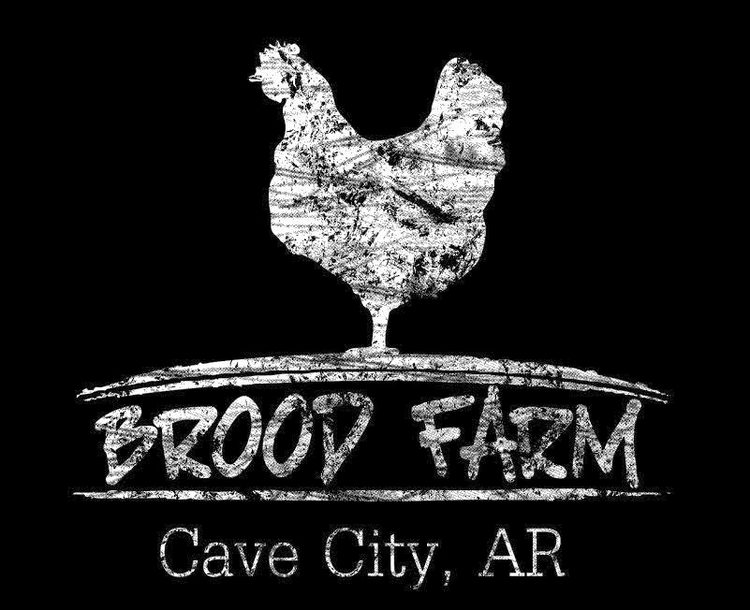I am a self-proclaimed egg snob. And, while I've tried to teach my kids to be polite about eggs served to them from sources beyond our farm, they've become pretty snobby about their eggs, too.
I've not always been like this. It's just been since we've had chickens on pasture and been able to eat their eggs. All the eggs you encounter at the market may look the same on the outside, but, I assure you, an egg is not an egg is not an egg.
The difference is not the breed of the chicken or the age of the chicken or anything else like that. The difference between a runny, thin-shelled egg and an egg that leaves you saying, "Hey, now THAT tastes like an EGG!" is entirely about the environment in which that chicken lives and, by extension, what it eats.
So, if you intend to be an egg snob, too, it's critical that you know your egg terminology. From grocery stores to farmers' markets - there are a lot of labels out there. Here are some explanations drawn from an informative article in the Wall Street Journal:
ORGANIC: Eggs certified as organic by the U.S. Department of Agriculture come from uncaged birds that have some outdoor access. Their feed is organically raised, and they can’t receive antibiotics.
CAGE-FREE: Means the chickens were uncaged and able to freely roam a barn or other facility, but they generally don’t have access to the outdoors.
FREE-RANGE: Indicates the hens are cage-free and have some access to the outdoors, but the type and duration of outdoor access is unclear. It may, for example, entail a screened porch.
ALL NATURAL: Can mean just about anything the egg producer wants. The USDA considers all shell eggs natural and sets no standards for the hens’ living conditions and feed.
PASTURE-RAISED: Indicates the hens are raised outdoors on a pasture where they can roam and forage. They are often given the “grass fed” label as well. But the USDA hasn’t developed a definition for pasture-raised products.
VEGETARIAN-FED: Means the hens received only vegetarian feed, so no animal byproducts were used. It also indicates the chickens—which naturally are omnivores—were kept indoors and unable to eat grubs, worms or other bugs.
Here are some pics I took today as I was in the field moving the portable electric fencing. This is what a flock of happy chickens looks like -- scratching and pecking the day away on lush pasture in the gorgeous sunshine.
And, my, is this pasture gorgeous! That's because we moved the chickens across it a year and half ago -- all their scratching around and fertilizing works miracles!
So, according to the Journal's definitions, we are bringing "Pasture-Raised" eggs to market -- which in this egg snob's (maybe-not-so-humble) opinion, is the best of the best.
But, in our experience, it is definitely the road less traveled. In our time selling eggs, we've yet to meet another farmer who is raising eggs for market in the same pasture-based way that we are. (If you do know of someone else here locally, please let me know. I'd love to connect with that person and talk shop!)
In my opinion, there's one VERY good reason that no one else seems to be raising eggs for market the way that we are raising eggs for market. And, do you know what that reason is?
Let's save that for the next blog post, shall we? :)
http://www.wsj.com/articles/free-range-cage-free-a-consumers-guide-to-egg-terminology-1426100409



